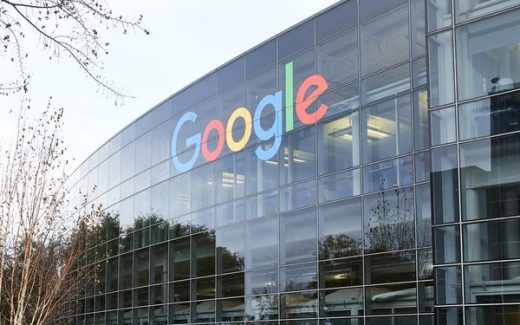Google Must Face Claims That It Overcharged For Pay-Per-Click Ads
Google Must Face Claims That It Overcharged For Pay-Per-Click Ads

A federal appellate court has revived a class-action complaint alleging that Google overcharged pay-per-click advertisers by reneging on a promise to discount some ads, and failing to limit ads geographically.
In five-page ruling issued Monday, a panel of the 9th Circuit Court of Appeals said search marketer Rene Cabrera could move forward with his claims against Google, although Cabrera no longer owns the business that purchased the ads.
The ruling stems from a lawsuit dating to 2011, when Cabrera alleged that he bought pay-per-click ads from Google between 2008 and 2009 to market his former business, Training Options.
Cabrera sold Training Options business in 2009, but said he continued to control the AdWords account he created, which was tied to his personal email address. He also said he paid for a “test” AdWords campaign linked to his personal email address after selling Training Options.
U.S. District Court Judge Edward Davila dismissed Cabrera’s case last year on the grounds that he no longer owned Training Options.
But the appellate panel ruled that Cabrera’s continued control over the AdWords account gave him “standing” to pursue a lawsuit against the company.
“Cabrera’s AdWords account was not cancelled for lack of activity until 2018,” Circuit Judge Morgan Brenda Christen and District Court Joseph Bataillon wrote. “Cabrera’s personal control over the AdWords account after the sale of [Training Options] and his receipt of the benefits of the AdWords agreement suffices to support his claim for ownership of the account and creates a cognizable injury for standing purposes.”
Cabrera’s allegations against Google are similar to ones brought by Rick Woods, a Fayetteville, Arkansas-based attorney who used search ads to market his legal practice. He alleged in a 2011 class-action complaint that Google failed to give him the “smart pricing” discount (which was supposed to reduce his cost-per-click when ads were served on sites within Google’s publisher network) and that Google charged him for clicks originating in states other than Arkansas, despite allegedly representing that ads would be targeted to users in Arkansas.
Woods settled with Google last year on confidential terms, leaving Cabrera as the potential class representative in the lawsuit.
(6)


